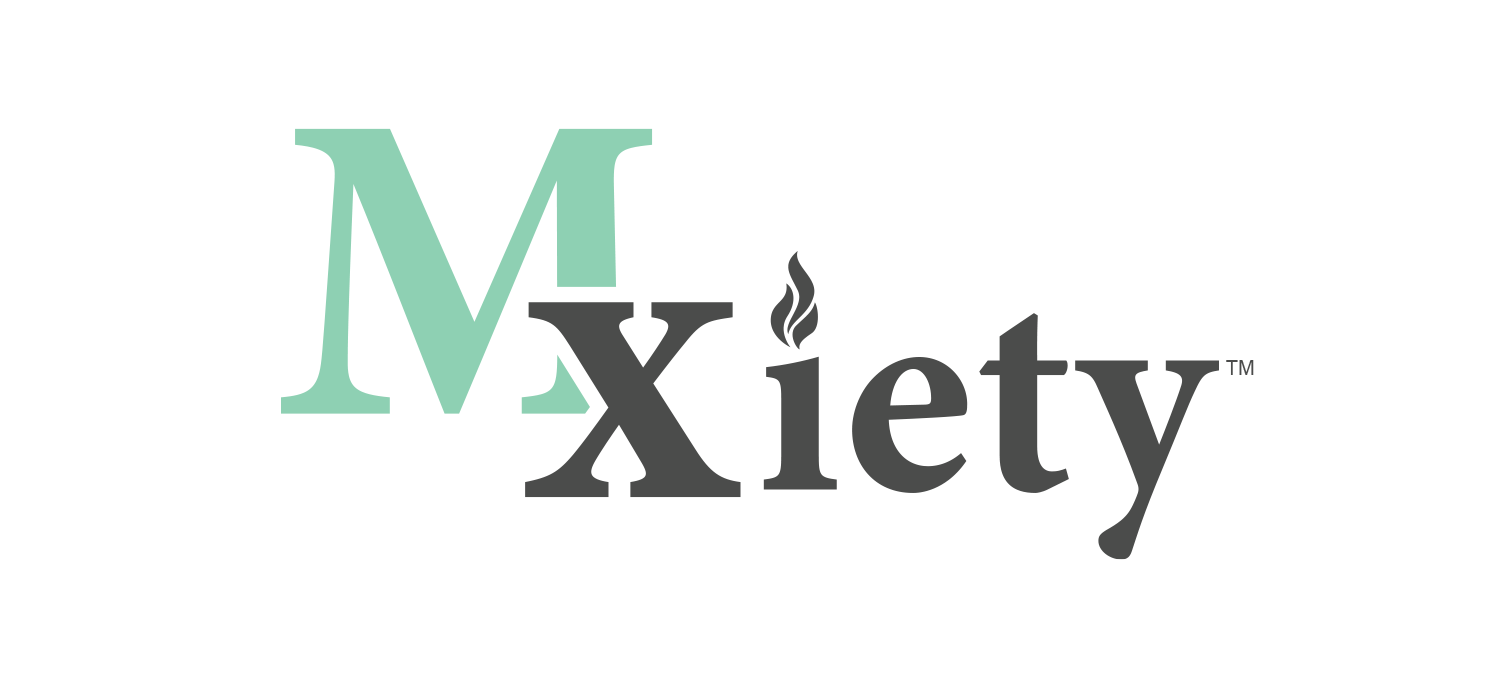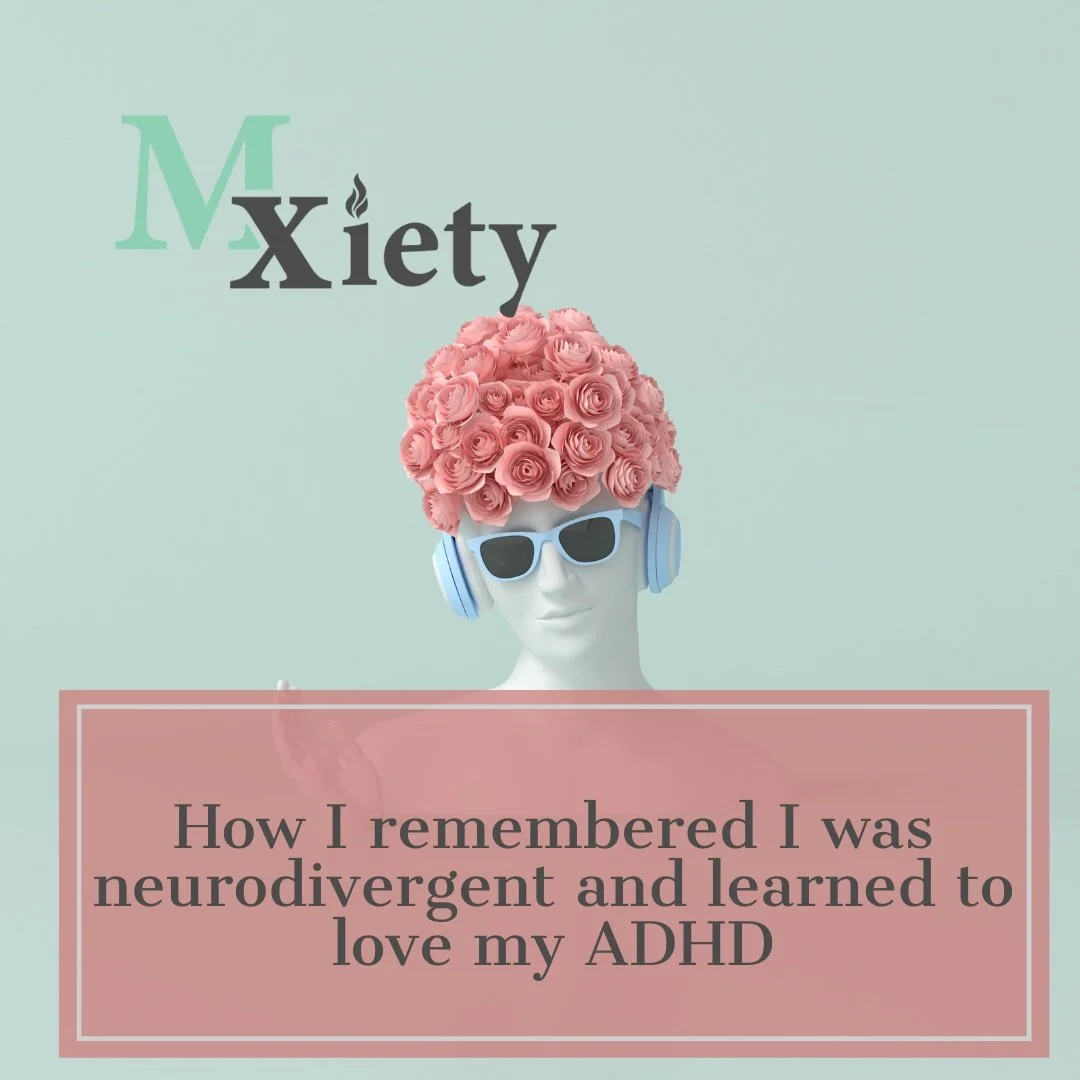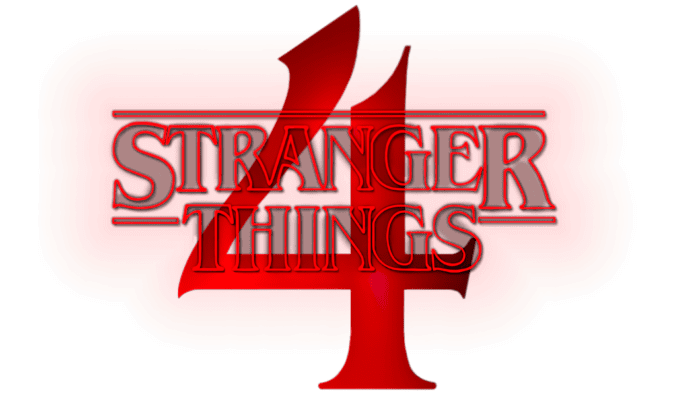Small change, a lot of text to explain it - Empathy Online
/Some comments just stick with you. Honestly, usually, it’s the bad ones. The ones that hit right into whatever insecurity you’ve been nursing recently. But these kinds (image below) that I’ve gotten a few times have stuck around to keep me thinking. Something that preoccupied my mind at a time when I felt like I was freefalling about my purpose in this space.
To me, ideas come from 2 things: Things I’m worried about + Things I feel passionate about changing.
The thing I’m worried about
In a world where not taking a side implies unquestionable carelessness or worse, compliance with the worst thing—it’s become a statement to try to see things from the other side. If you have platform, you don’t want to be neutral on big issues where your voice could matter. But you can’t be vocal about every issue, and you doubly can’t be vocal in an informed way about everything. If you’re a recovering perfecionist/people pleaser not wanting to hurt to someone’s feelings by doing the wrong thing becomes paralyzing. And distracting from the issue at hand.
What I’m Feeling Passionate About
The loop was:
I don’t want to say the wrong thing ->But I should say something? ->Is saying nothing, indulging too much in my privilege when I could be lending my efforts to help a cause?-> But if I don’t know enough about it, will I say the wrong thing, and not know until I’ve caused damage? How much will that damage effect someone else?
I realized the only way out of the loop is by thinking about everything from both sides. Even when I vehemently disagree with the other side and know there’s nothing I will find common ground on, I feel like I can learn something. And yes, “some people are just hateful” is still a lesson worth re-learning.
The loop became:
Ok, what do both extremes think about something? -> If I land on one side, why? What would make someone think the opposite?->What can I learn by considering that?
Honestly, if you want to sum it up, it’s probably that I’ve just become obsessed with ethics and empathy in an increasingly divided world. And if you know ethics, you know that we know a whole lot of nothing.
The fact that others note I’ve helped them reflect on the other side of themselves as well as others, has made me hope that maybe this is a thought process that can help someone else.
Exceptions
I definitely don’t think there’s a common ground to everything. A relevant example would be that LGBTQ+ rights are not debatable, in my opinion. They are just human rights.
Sure, someone needs to help bridge the gap between those who think the worst about what it means for someone to identify as LGBTQ+ and help bring those folks to be more caring, but I am not level-headed enough about the issue to be the one. I try to do my best to be kind and respectful, but I go into my feelings pretty quickly and get to the worst version of myself fast when I feel someone doesn’t even see those I love as human. I can’t handle that. See also, folks who don’t believe in scientific fact. I just can’t have serious conversations there.
BUT
Even if I’m not the right person to explain everything in a way that helps folks see things from the other view, I do want to try. I know I am going to F up royally, but I am also in my embracing learning era and accepting myself as flawed era (even as flawed as I am at both those things).
This is going to require me to be as vulnerable as heck in a way I haven’t since I became more closed off in 2021. I want to talk about the hard reflections I had to have about myself in case it’s time you had those hard reflections too. Maybe to remind you that it’s human if you’re in the middle of them.
Why Now?
I haven’t been passionate about much. And without that, I honestly was ready to just tap out of streaming and content creation. But I also really didn’t want to.
I noted in my last post that 6 years in a lot has changed about mental health advocacy. And the goal that I started with ‘Getting people talking about mental health’ is quite underway. It was really interesting to be at the start of that initial swell for streamers. The hardest part of it was explaining why what I was doing mattered, and especially when I was in a headspace where I felt like nothing I did mattered in any part of myself or my life. Thankfully, we’ve grown.
I am going to make sure I keep propping up others who are working on reducing stigma (and honestly, no dig, doing a better job than I could!). I would way rather prop up folks I want to learn from, than try to restart my own kiln with what now feels like someone else’s clay.
I wanted to allow myself once more to feel vulnerable and honest, but had no idea where to start again with it. What do I say? What do I keep to myself? How will people react when you admit you don’t know what you’re doing? Will they understand and relate? Or write you off? What about when you admit to doing something you wish you didn’t? Point is, you can only be vulnerable when you’re passionate. And I’m passionate about this.
Okay… Let’s get into it.
This isn’t a rebrand. It’s a honing of focus. And if I do it right, anyone who hasn’t read this will barely notice. I’m embracing a new facet of what I care about right now, more so than changing what I do overall.
So, without further ado here’s the announcement:
I am going to focus my mental health advocacy on Understanding empathy online.
I want my content to help answer the question, What can I learn about myself when I reason through someone else’s actions?
What does this mean? Most likely I won’t have a clean definition until I am neck deep in a slightly incorrect direction but on route. I’ve learned that I work best when I start, get into it based on what I think is needed and then pivot when I see a clearer line.
What do I think this means right now? It means my interviews will look through this lens of sharing stories to create more understanding: mine through my writing and live show, as well as those I interview, host roundtables and other events with.
Ok but for real, what now?
I need to get more strategic with my time and efforts and have no idea where to start. You’ll keep seeing my writing, posting, videos, and streams in the meantime, but I am working on going less with the flow and being more intentional (nothing wrong with either approach, I just switch them up from time to time).
I don’t want to say “You’ll get 4 posts a week” and then maybe get 4 a year over to you. I know I’m streaming once a week. I know I’m on my way to getting the Ted Lasso book done.
I will need your help, as always, staying straight to my truth and to the right thing. I will need accountability. But not from the faceless masses, but from a close-knit community (both friends and Mxiety) that wants to see the same thing.
Be the light… that guides to the next right thing.















